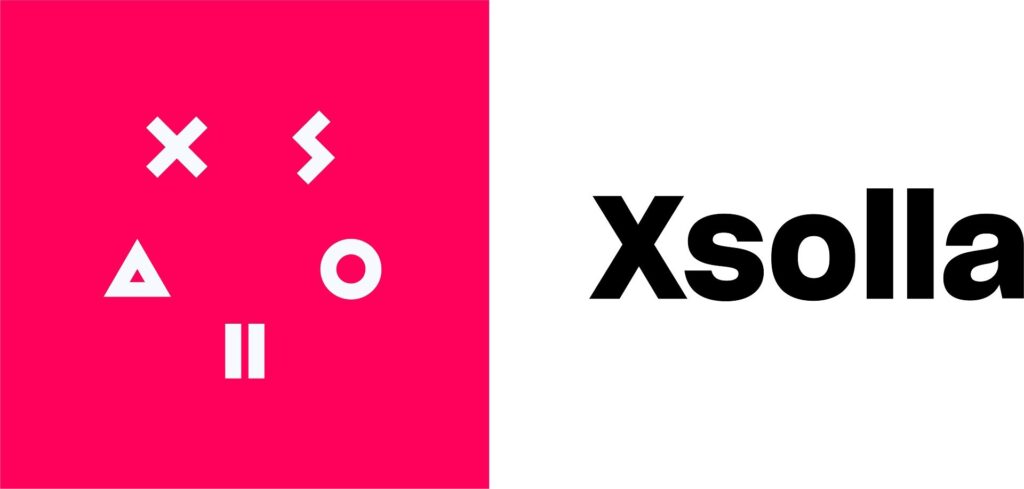
Xsolla, the Russia-based games industry payment solution provider, has reportedly laid off upwards of 150 employees following a productivity audit of the company. Originally reported by Game World Observer, the layoffs were a result of an AI-based big data analysis of Xsolla. According to the Observer’s report, the magnitude of the layoffs–which mostly affected employees in company’s Perm offices–was determined after an examination of workers’ productivity across various workspace software, including Gmail, Jira, and Confluence, in addition to others.
Although unfortunate–especially considering the ongoing COVID-19 pandemic–the layoffs themselves aren’t the ultimate controversy here. Rather, it’s the way Xsolla CEO Aleksandr Agapitov handled the situation. In a company email, which has been translated from Russian, Agapitov used language that could be flippant and insulting. In particular, he specifically labeled fired employees as “unengaged and unproductive,” stating that “I truly believe Xsolla isn not for you.”
Following the email last week, Agapitov took to Twitter and posted a statement that roughly equates to “get the fuck in, or get the fuck out,” according to various translations.
Further complicating the situation is the fact that many of the employees appear to have been unaware that their activities were being tracked by Xsolla’s data collection AI. It’s a personal breach that Renee Gittins, executive director of the International Game Developers Association (IGDA), calls frightening and unethical.
“Layoffs are not uncommon, particularly in a turbulent industry like games,” Gittins told GameDaily. “Choosing who to let go of and how to communicate downsizing can be a difficult task. Unfortunately, Agapitov’s termination emails and surrounding commentary lacked empathy and respect for those whose lives have been affected. Terminating such a large amount of people based on activity in software that they were not aware was being tracked is not only concerning from a business perspective but also a cultural and ethical one.”
Gittins said that evaluating a worker’s productivity based on software interaction and without their knowledge is deeply inappropriate and morally wrong. The nature of creative work, she explained, is impossible for AI software to track, and professionals in such a field will often approach their jobs in unique and unconventional ways.
“Such an evaluation could harm those with nonstandard approaches and with different neurodiversities, even if their overall output matches their peers. Tracking such values and then terminating people based on them is sure to create distrust and anxiety within the culture of Xsolla’s workforce.”
In this way, Gittins expects Agapitov and Xsolla’s actions to perpetuate distrust, resulting in even more of the undesired behavior that the company cited in the first place, a cycle that is likely to sow low morality among the workforce. Further, the fact that AI software was used to make such rash decisions could speak to a greater problem of disorganization and inefficiency within Xsolla as a whole.
“It is common business sense to only measure and promote KPIs that are of direct benefit to the business behaviors you desire,” Gittins said. “People are very likely to behave in a way to maximize those values even if those values do not result in business returns and profits. It would not surprise me if Xsolla sees tickets for tasks too small to warrant them, drafts in Google Documents that would be more efficiently created on paper or whiteboards, and other behaviors to keep up these tracked metrics that may overall hurt productivity.”
In the fallout of the layoffs, some are sure to question what legal recourse, if any, former Xsolla employees might have. The answer is largely dependent on a number of variables, including evidence gathered by those affected, Russian employment law, and other stipulations. These are all outside the purview of attorney Richard Hoeg, who practices in Michigan, USA, but there is some conjecture that can still be made in this situation.
“The biggest issue I can see here from afar could possibly be data collection and privacy,” Hoeg told GameDaily. “In general, employers have the right to ensure productivity (certainly on their own equipment), but it’s possible that trying to maintain that control on private computers (with whatever scans/analysis is necessary) could trip some data rules. They also would likely have had to make sure the employees/contractors knew that’s what they were doing.”
Hoeg’s speculation is predicated on the fact that much of the games industry shifted to remote work at the onset of the pandemic. As such, many workers are utilizing their own computers and hardware to perform work duties, raising even more ethical questions regarding Xsolla’s use of data collection software.
It’s unquestionably a gray area, and Agapitov himself noted that much of the layoffs affected employees working remotely:
“In other words, you were not always present at the workplace when you worked remotely,” he wrote in the email.
In all, the layoffs paint a grim picture of how Agapitov values his employees. The pandemic has not been easy for anybody, but it appears that Xsolla expected work to continue as normal. Using AI-based tracking software raises a host of ethical concerns, and perhaps Agapitov needs to address such questions publicly.
Sam, the Editor-in-Chief of GameDaily.biz, is a former freelance game reporter. He's been seen at IGN, PCGamesN, PCGamer, Unwinnable, and many more. When not writing about games, he is most likely taking care of his two dogs or pretending to know a lot about artisan coffee. Get in touch with Sam by emailing him at sdesatoff@rektglobal.com or follow him on Twitter.
 GameDaily.biz © 2025 | All Rights Reserved.
GameDaily.biz © 2025 | All Rights Reserved.